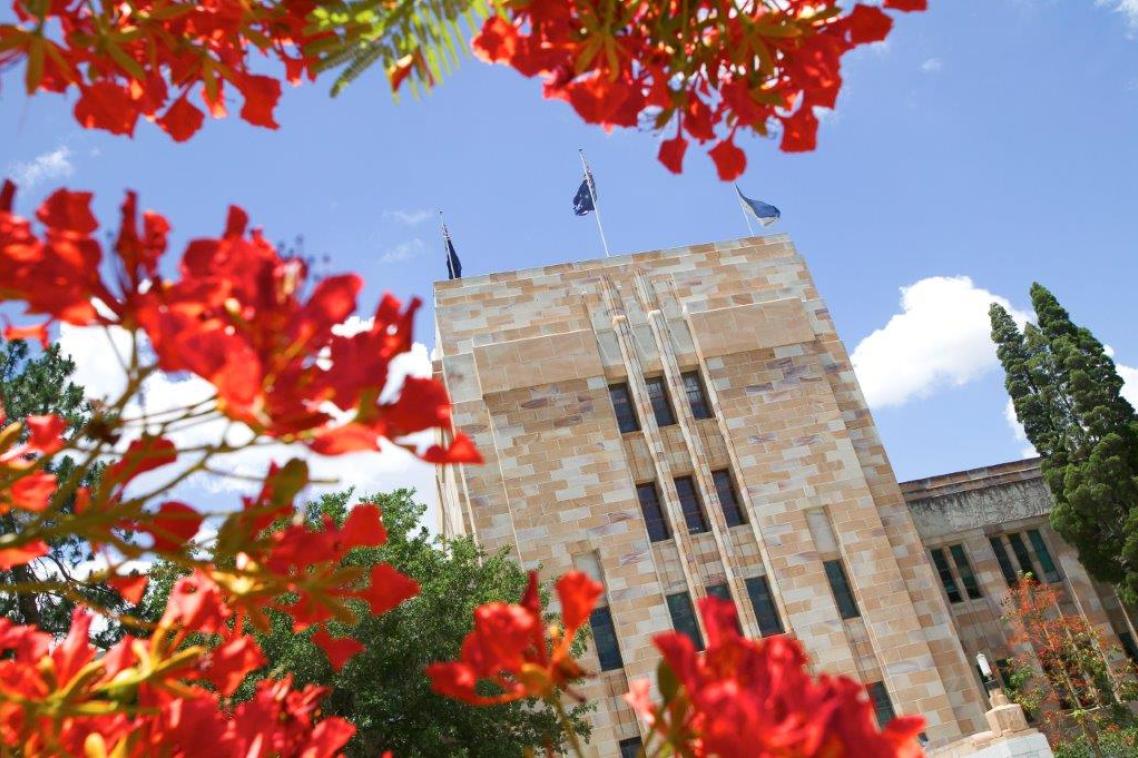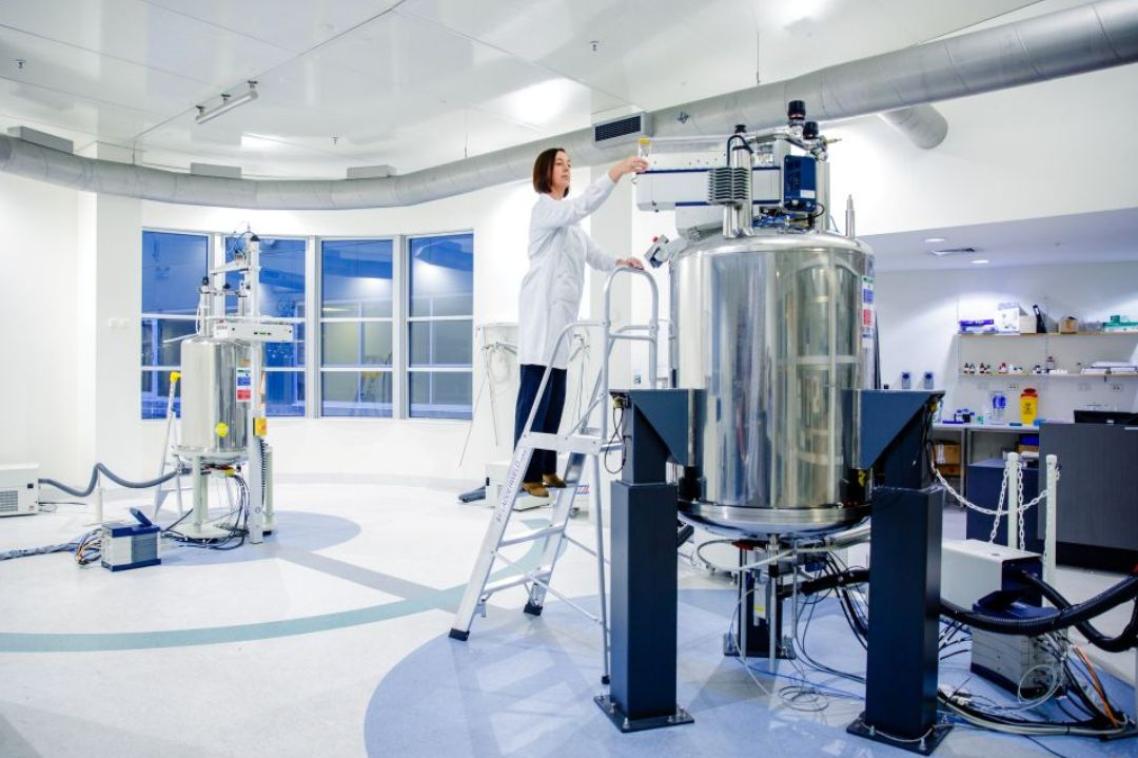UQ accelerates research response to health and medical challenges

The University of Queensland will invest $50 million over seven years increasing research capabilities to address the most pressing health and medical challenges at the same time as creating economic opportunities.
Seven programs have been selected for support as part of UQ’s Health Research Accelerator (HERA), ranging from health workforce optimisation and digital health to infectious diseases and mRNA vaccines.
UQ Vice-Chancellor Professor Deborah Terry said the new model had been developed to recognise that a highly collaborative approach was required to find solutions for challenges that have an immense impact on wellbeing.
“These challenges are complex and significant, but they are not insurmountable,” Professor Terry said.
“HERA provides the scale and intensity needed to make real breakthroughs by connecting the University’s people and capabilities with 78 industry, government and other partners.”
Key partners include Queensland Health, hospital and health services, industry groups, not-for-profit organisations, universities and research institutes and biotechnology companies.
HERA steering group chair Professor Geoff McColl said a significant focus would be recruiting outstanding researchers where their expertise will enhance existing capacity of UQ and its partners.
“Where there is a ‘gap’ in existing knowledge and skills specific to the research project or a challenge they are addressing, bringing in the necessary capability will enable us to remove that barrier.
“The five-year duration for HERA projects will allow researchers to sustain the intensity of focus - and build the multi-disciplinary partnerships - needed for outcomes that will shift the needle in health outcomes.”
The seven successful projects were chosen from a highly competitive application process.
- Health Workforce Optimisation: Reimagining Skills Mix and Scopes of Practice for Equity, Access, Productivity and Person-Centred Care - Professor Stephen Birch
- The 360-Kids Community network to support children with neurodevelopmental challenges - Professor John Cairney
- ULTRA Program (UQ’s Clinical Trials Capability) - Professor Nadine Foster
- Groups and Relationships to Optimise Wellbeing and Health (GROWTH) - Professor Catherine Haslam
- Operational Research and Decision Support for Prevention, Control and Elimination of Infectious Diseases - Professor Colleen Lau
-
Queensland Digital Health Centre - Associate Professor Clair Sullivan
- Development of mRNA vaccines - Professor Mark Walker.
Media: communications@uq.edu.au, +61 429 056139.
Related articles

UQ experts recognised for national impact

Nature versus nurture question addressed in landmark study
Media contact
UQ Communications
communications@uq.edu.au
+61 429 056 139
